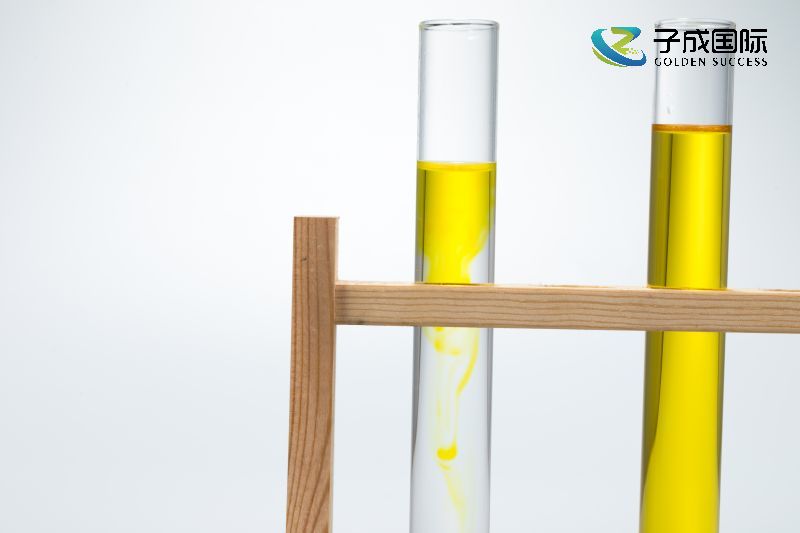How can leveling agents reduce the surface tension of coatings?
The mechanism by which leveling agents reduce the surface tension of coatings mainly involves the following aspects:

1、 The chemical structure characteristics of leveling agents, such as organosilicon, acrylic, and fluorocarbon compounds, determine that they can significantly reduce the surface tension of coatings. Specifically, the organic silicon molecular structure contains a large number of silicon oxygen bonds (Si-O), which enable the organic silicon molecules to have extremely low surface energy, thereby significantly reducing the surface tension of coatings. In addition, organic silicon leveling agents also have good migration properties, which can quickly migrate to the coating air interface, further reducing surface tension and eliminating surface tension gradients. Although acrylic leveling agents are not as effective in reducing surface tension as organosilicon leveling agents, they can be oriented and arranged inside the coating to adjust the local surface tension consistency, thereby improving the leveling performance of the coating to a certain extent. Fluorocarbons are known for their high efficiency, but due to their high cost, they are often used in situations where other leveling agents find it difficult to work. The high electronegativity of fluorine atoms makes fluorocarbon compounds have extremely low surface energy, which can significantly reduce the surface tension of coatings.
2、 The specific mechanism of action of leveling agents in reducing the surface tension of coatings mainly includes the following aspects: leveling agent molecules form a thin film on the surface of coatings through physical or chemical adsorption. This thin film reduces the energy state of the coating surface through its special chemical structure, thereby lowering the surface tension. During the coating drying process, leveling agent molecules will continuously migrate to the coating air interface or coating substrate interface. This migration process helps to eliminate surface tension gradients and promote uniform leveling of the coating. The surface tension gradient is one of the main factors causing uneven coating surfaces. Leveling agents can adjust the surface tension gradient through their migration and diffusion effects to make it more uniform, thereby avoiding the generation of turbulence and defects.
In practical applications, leveling agents can significantly improve the leveling and appearance quality of coatings. By reducing the surface tension of the coating, leveling agents can make it easier for the coating to flow and spread during construction, thus filling the small depressions and uneven areas on the surface. This external leveling agent can also reduce or eliminate surface irregularities such as brush marks, rolling marks, shrinkage holes, and fish eyes caused by construction tools, substrate shapes, and other factors. These improvements not only enhance the decorative and aesthetic properties of the coating, but also strengthen its durability and protective performance.
In summary, leveling agents significantly reduce the surface tension of coatings and promote uniform leveling of coatings through their special chemical structure and mechanism of action. In practical applications, leveling agents play an important role in improving the overall performance and quality of coatings.

 English
English
 Chinese
Chinese Vietnamese
Vietnamese
 HOME
HOME
 PRODUCT
PRODUCT
 NEWS
NEWS
 CONTACT
CONTACT


